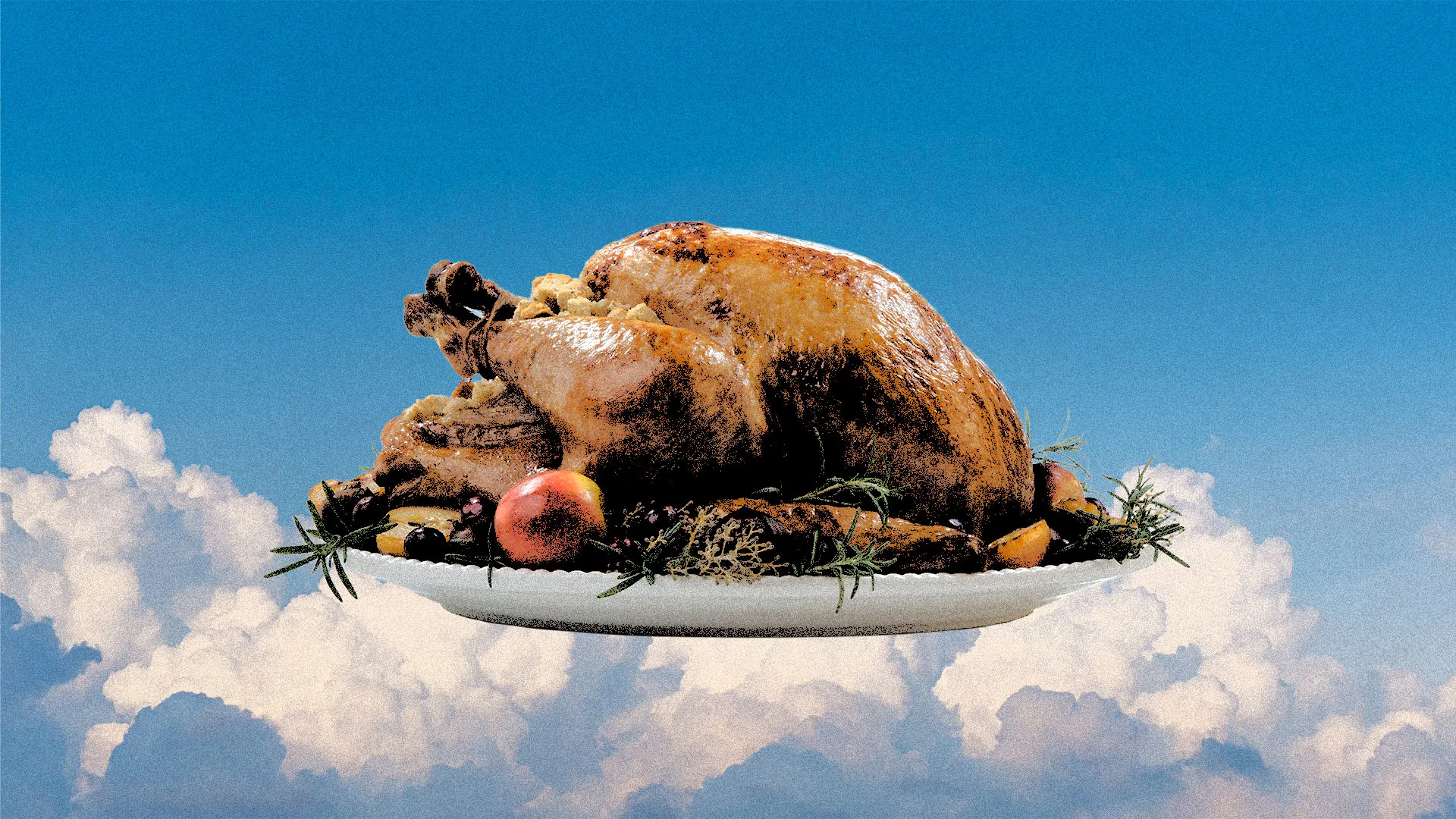
""People who are grateful live longer, are happier, and also tend to hit workplace markers like [making] more money, and [getting] promoted more frequently," Emiliana Simon-Thomas, Ph.D., science director at U.C. Berkeley's Greater Good Science Center, tells Fast Company. "But the key is not a fake-it-till-you-make-it approach-no, it's real gratitude, real contentment, based on an accurate assessment of things, not through rose-colored glasses.""
"Plus, it creates greater emotional intelligence by increasing emotional regulation, empathy, and resilience. A 2021 University of California, San Francisco (UCSF) study by David Newman and Wendy Mendes found that people who were deemed highest in gratitude reported lower heart rates, better sleep, less fatigue, a greater appreciation toward others, and overall feelings of pleasantness when reflecting on the best part of the day."
Gratitude correlates with longer life, greater happiness, and improved workplace outcomes such as higher earnings and more frequent promotions. Genuine gratitude enhances awareness of personal values and strengths, fosters understanding of others, and improves emotional intelligence by strengthening emotional regulation, empathy, and resilience. Grateful individuals report higher life satisfaction, lower materialism, and reduced burnout. A 2021 UCSF study found that people highest in gratitude experienced lower heart rates, better sleep, less fatigue, increased appreciation toward others, and feelings of pleasantness when reflecting on daily highlights. Expressing gratitude activates reward-related neurotransmitters, boosting mood via dopamine and serotonin.
Read at Fast Company
Unable to calculate read time
Collection
[
|
...
]